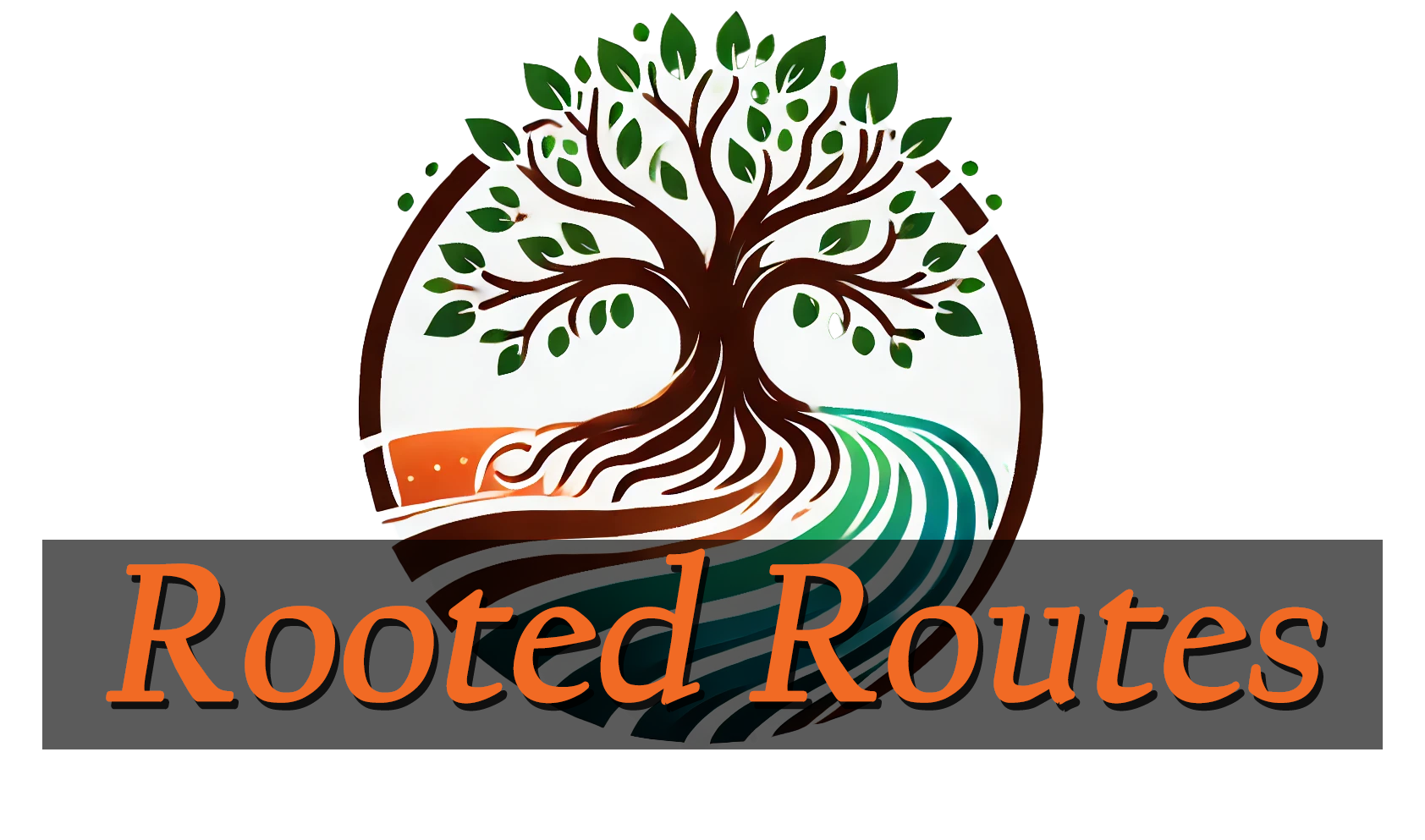When I first moved to Germany, my kids didn’t come with me right away. It took some time before they joined me. They weren’t toddlers or even young children anymore; my youngest was already in her mid-teens. At that age, they were already forming their own identities and were responsible enough to adapt to life in a new country.
Still, I knew they were stepping into a completely different culture, and I wanted them to embrace it. But at the same time, I didn’t want them to lose touch with the culture we left behind. That delicate balance has shaped so much of our journey as a family here.
A Tale of Two Kitchens
Food, of course, became the easiest and most delicious way to keep a part of home alive. My youngest is especially adventurous; she’ll try just about anything, whether it’s a spicy Nigerian soup or a German potato dish. Watching her adapt to both cuisines has been a joy, but I still make sure our family meals lean heavily on the flavours of home.
When we visit German families, my kids will eat whatever is served; not much spice, no pepper, just the way it’s made here. But when we’re home? It’s all about those peppery, spicy dishes that remind us of where we come from. I’ll make a pot of Egusi or Banga soup, and as the aroma fills the house, it feels like home isn’t so far away.
What’s beautiful is how our meals have become a mix. They’re not strictly Nigerian or German anymore; they’re a blend of both. My daughters have learned to appreciate this balance, and so have I. It’s in moments like these that I realize food isn’t just something we eat; it’s a piece of who we are.
Adjusting to New School Norms
One of the first things that stood out to my kids when they started school here was that there were no uniforms. Back in Nigeria, their outfits were chosen for them… no debates, no decisions, just a simple routine. But here, every morning begins with the question, “What do I wear today?” It’s a small thing, but it adds a layer of responsibility they weren’t used to. Hairstyles too, became part of the daily decision-making, a new challenge to tackle each morning. It was different and an adjustment, but one that taught them independence in unexpected ways.
And while they’ve had to adapt to this new way of doing things, they still carry pieces of home with them in how they present themselves.
The Friendship Puzzle
Making friends in a new country isn’t always easy, and I saw this firsthand with my second daughter. Back home, friendships often came naturally through neighbours, classmates, or family connections. Here, it’s different. If you’re not part of a club or some kind of association, it can feel like there’s no clear path to building those connections.
We’ve tried looking for clubs and activities where she can meet people, but it’s a slow process. Seeing her go through this has been a clear reminder that building connections in a new culture takes time, patience, and a lot of effort. Or, as she bluntly says… “It sucks.”
Language as a Bridge
At home, I still speak to my daughters in Pidgin, and sometimes, I throw in a few words of Urhobo just to keep them connected to our roots. They respond in English or occasionally in German when they’re really not paying attention! It’s a funny mix.
Hearing them switch between German and English so seamlessly reminds me of how much they’ve adapted to life here. Still, I hold onto Pidgin and a bit of my local language to keep connecting to our culture. It’s not perfect, but every word, every phrase, is a reminder of where we come from.
My daughters are growing up in Germany, but they carry Nigeria with them in the way they eat, speak, and even approach life.
